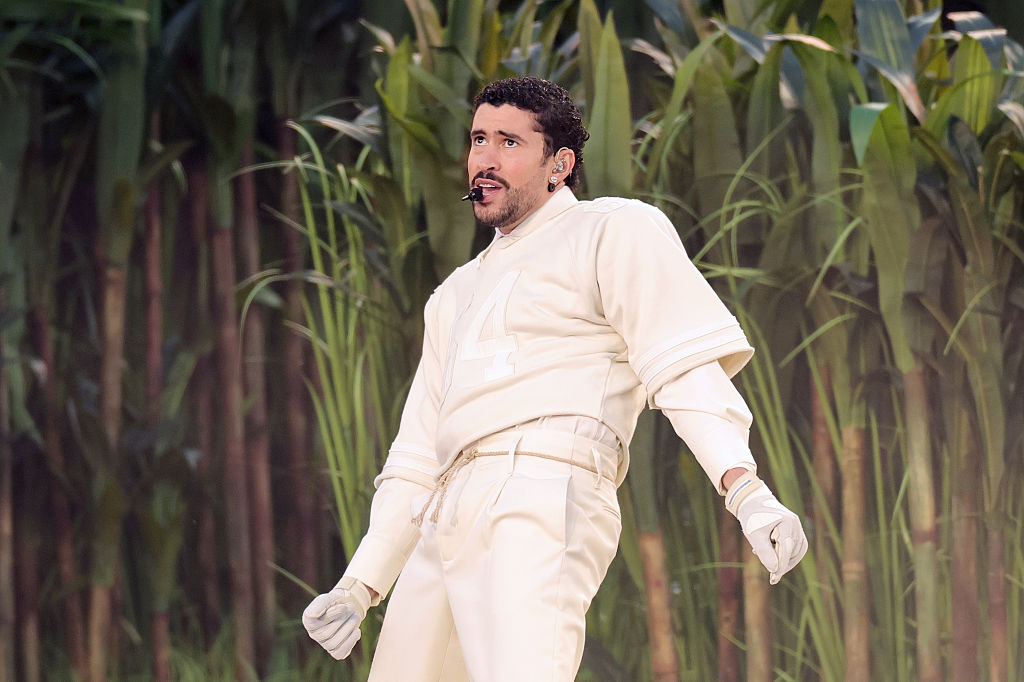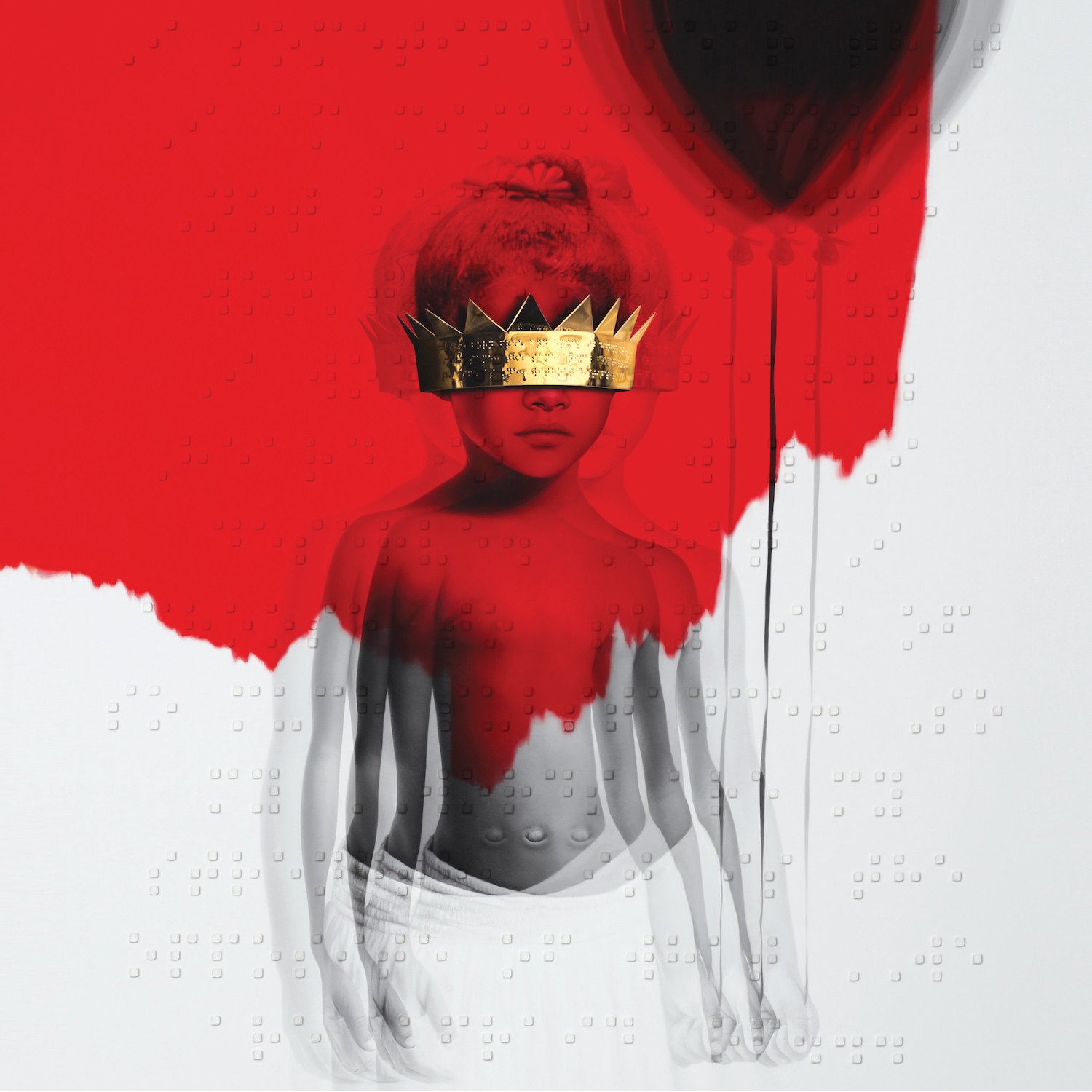- Matador
- 2002
If you were so inclined, there were plenty of reasons to scoff at Interpol in 2002. The wardrobe. The rock-star debauchery. The debt to their post-punk and new wave elders. Those lyrics — yeesh. Even at their peak, they were a punchline for many. Yet Turn On The Bright Lights was too good to be derailed by jaded critiques. Released 20 years ago today, Interpol's debut album is a masterclass in dynamic atmospherics and artful rock 'n' roll. At its best, this thing just soared, and Interpol's commercial prospects soared right along with it.
It helped if you were 18. To a dopey Midwestern teenager like me, Interpol's tailored suits suggested a sophistication I could never grasp. Their cocaine intake represented a danger I'd never dared approach. I'd never even listened to Joy Division back then; I'm pretty sure the first time I ever heard of them was when people accused Interpol of ripping them off. As for the Paul Banks Experience, even the brows over this kid's starry eyes inched upward at lines like "Subway, she is a porno" and "Oh look, it stopped snowing!" But the music animating those stabs at profundity — and the voice belting them out — made me willing to suspend my disbelief. I was ready to gobble up the hype, and Turn On The Bright Lights was mostly ready to live up to it.
Interpol formed at NYU in 1998. According to the era-crystallizing NYC rock tome Meet Me In The Bathroom, Banks and guitarist Daniel Kessler met at a summer study-abroad program in Paris, where Banks got high with the professor and was impressed that Kessler walked out of the final exam. Back in New York, Kessler was intimidated by his history classmate Carlos Dengler, who wore skirts and armbands and asked annoying questions during lectures, but he got up the nerve to inquire about forming a band. With Kessler's roommate Greg Drudy on drums, they became the earliest version of Interpol. Banks soon joined as a guitarist and eventually pouted his way into an audition as lead singer, which he crushed, obviously. They replaced Drudy with Kessler's pal Sam Fogarino, and the classic lineup was in place.
Interpol toiled in obscurity for a few years, including a rejection from Matador Records, a label that had helped to define 1990s indie rock but had recently seen its signature act Pavement disband. Kessler — who worked for Matador's peer label Domino, and whose older brother was an editor for NME in London — was savvy enough to take it in stride. He kept in touch with Matador owners Gerard Cosloy and Chris Lombardi and kept slipping them new music. Lombardi bought in first, converted by a brief glimpse at the live show and a transcendent drive through the mountains of France with Interpol's recently recorded Peel Session. (A disconcerting number of these people were living an elegant transatlantic existence, but that's the music biz for you.)
Soon enough Interpol were signed to Matador and recording with Fogarino's friend Peter Katis, later known for his work with bands like the National and Frightened Rabbit, at his Connecticut mansion. (Again with the lavish wealth! Jeez.) Per Meet Me In The Bathroom, Dengler wasn't thrilled with the distance from his vibrant and salacious NYC social life, but to accomplish anything it was necessary to separate the band from such easy access to booze, cocaine, and girls. Instead, they smoked pot, ate Fogarino's Italian cooking, and stewed over details. Banks even considered singing "PDA" an octave above his trademark baritone bleat, a real Sliding Doors situation where this band's legacy is concerned. Splitting the mixing duties with Katis was Gareth Jones, known for his work with gloomy and glamorous stylistic forebears like Depeche Mode and Nick Cave — both of whom have at least as much in common with Interpol's swelling post-punk noir as that other band.
The resulting record begins the only way it could: dramatically and with abundant reverb. "Untitled" sets the stage with echo-laden strums, a scene-stealing bass groove, and a promise from Banks: "I will surprise you sometime." Soon he's howling about stabbing yourself in the neck on the pulse-pounding Strokes-gone-goth banger "Obstacle 1," one of many songs on Turn On The Bright Lights that elicit involuntary head-bobs and inspire fans to shout along with the most ridiculous shit. Paul Banks was blessed with a voice that could make even lines like "Her stories are boring and stuff!" feel electrifying — a piercing, rough-around-the-edges bellow too nasal to be burly but too muscular to be geeky. It helped that his guitar was chiming along in tandem with Kessler's, their chord riffs blurring into a dense harmonic fog that evoked 1980s Europe even (especially) on a slow jam called "NYC." It likewise helped that Dengler's bass careened across those bleary textures with a rare melodicism and that Fogarino held it all together with machinelike force and precision.
Those factors combine in breathtaking fashion on "PDA," the five-minute anthem that's still probably the peak of the entire Interpol enterprise. First the drums come bounding in to seize your attention with a German-Shepherd-like enthusiasm that belies the band's manicured cool. Then everything else locks into place, a raging current of sound that can't help but sweep you away. Everyone is playing so hard, so fast, so stoically, but with a grace that allows the various instruments to rise up, one after another, stepping in and out of the spotlight. When the chorus hits and Dengler's bass starts breakdancing on the clouds, Banks blurts out his most oft-quoted Paul Banksism: "Sleep tight/ Grim rite/ We have 200 couches where you can sleep tonight." But within seconds, he proves he can disembowel cynics in plain language when he wants: "You are the only person who's completely certain there's nothing here to be into/ That is all that you can do." The finale, in which everything cuts out except one fervently attacked guitar and the rest of the band comes gradually rippling back in, never fails to send tingles through my body.
Turn On The Bright Lights could be just those first four tracks and it would still be a landmark release, the sound of self-impressed young bucks filtering the Cure and the Bunnymen and (yes) Joy Division through the fashion-forward hedonism of post-9/11 New York. But if the rest of the album never quite regains the splendor of its opening sequence, it also never stops hitting the Interpol aesthetic harder than a supposed flash in the pan had any right to. "Say Hello To The Angels" barrels ahead like a runaway train approaching the end of the track; think of it as a dry run for the Walkmen's "The Rat." "The New" builds and builds, from heart-wrenching beauty to ugly intensity. The way Banks yells "Stella!" as both a two- and three-syllable word on "Stella Was A Diver And She Was Always Down"? Iconic. Even the album's imperfections are perfectly Interpol, so convinced of their own brilliance that they almost become brilliant by default.
I've never vibed with any of this band's subsequent albums nearly as hard as I vibed with Turn On The Bright Lights — not even 2004's Antics, the one people most often insist is equally good or better. That's partially because I associate this record with a turning point in my own life: I took one of my first concert road trips to see Interpol (through clouds of smoke that burned my eyes) at a Cleveland club show the week before I went away to college, then drove back home from campus to see them at a ritzy short-lived downtown Columbus venue that January. By then, Interpol were well on their way to international fame and fortune, buoyed by ceaseless media attention and hunger for the next big thing. They've since experimented and evolved, fallen out of fashion and aged into veteran dignity, lost and purportedly rediscovered their mojo, shed a defining member along the way — all the things bands tend to do after releasing an archetype-defining classic debut. They've released a lot of music, some good and some bad, and earned themselves a faithful fan base who'd be delighted to hear deep cuts from El Pintor or whatever at a gig. And even if that initial right-place right-time magic has long since morphed into workmanlike reliability, a career like Interpol's is nothing to scoff at.







